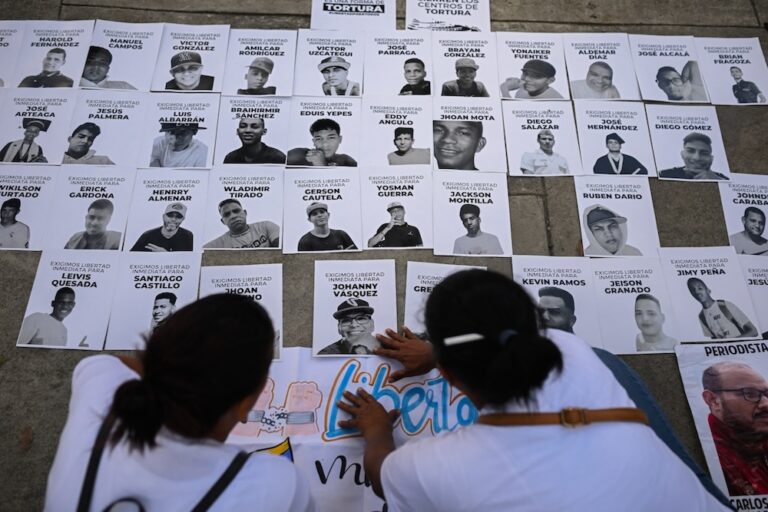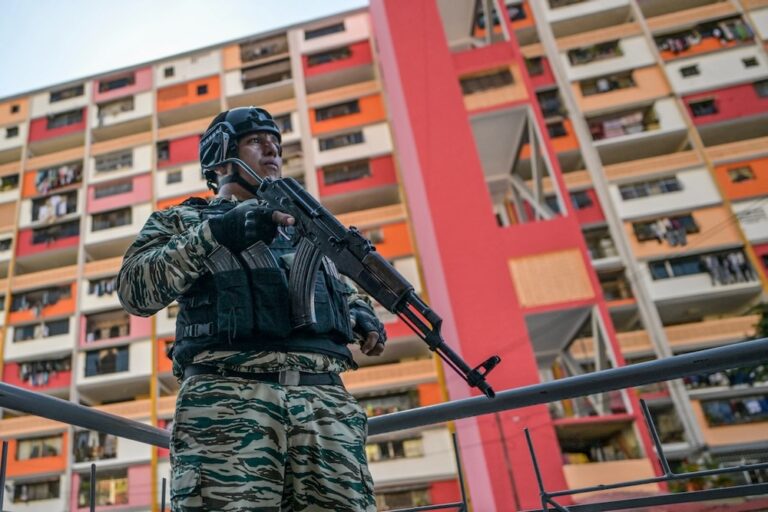The National Telecommunications Commission (Conatel) has opened administrative proceedings against private television station Globovisión, in connection with four programmes broadcast by the station referring to the Constitution.
(IPYS-Venezuela/IFEX) – 9 January 2013 – On 9 January 2013, the National Telecommunications Commission (Conatel) opened administrative proceedings against private television station Globovisión. The station has been accused of inciting people to ignore legitimate authorities, generating anxiety and threatening public order. The Conatel investigation is related to four audiovisual pieces that referred to articles of the national Constitution and compared them to statements made by Venezuelan authorities.
According to Conatel, making these comparisons is considered alleged unlawful conduct. The commission contends that the work of Globovisión is not in the public interest and could cause serious damage to the sovereignty and the security of the nation. Notification of the investigation was sent to the station at 7:30 p.m. Globovisión’s management was also given notice that they cannot continue airing the four programmes or broadcast anything similar.
In a press conference, the Conatel director, Pedro Maldonado, said that the station had been broadcasting messages in December and January with recordings of official presidential speeches. A legal consultant for Globovisión said that the station had not been informed about the press conference, nor permitted to attend it. He also mentioned that barring the station’s reporters from government press conferences has been a repeated occurrence.
Globovisión could be fined up to 10% of the outlet’s gross income for the year previous to the year in which the alleged infraction occurred, and/or face the suspension of up to 72 continuous hours of their broadcasts. Globovisión’s license could also be revoked in the case that Conatel decides the offence was repeated.
The pieces prepared by Globovisión were about an interpretation of Article 231 of the Constitution, which refers to the beginning of a new term with the swearing-in of the president-elect, and how this could impact the situation of Hugo Chávez, who should have been inaugurated on 10 January. Chávez is currently outside the country following surgery in Cuba, something that was authorised by the National Assembly.
On 9 January, the Supreme Court ruled that Article 231 does not necessitate a new inauguration of President Hugo Chávez, because, as he was re-elected, there has been no interruption in the performance of his duties. It also ruled that the inauguration could be performed at a later date in the presence of the Supreme Court.
The four news items censored by Conatel can be seen here.


